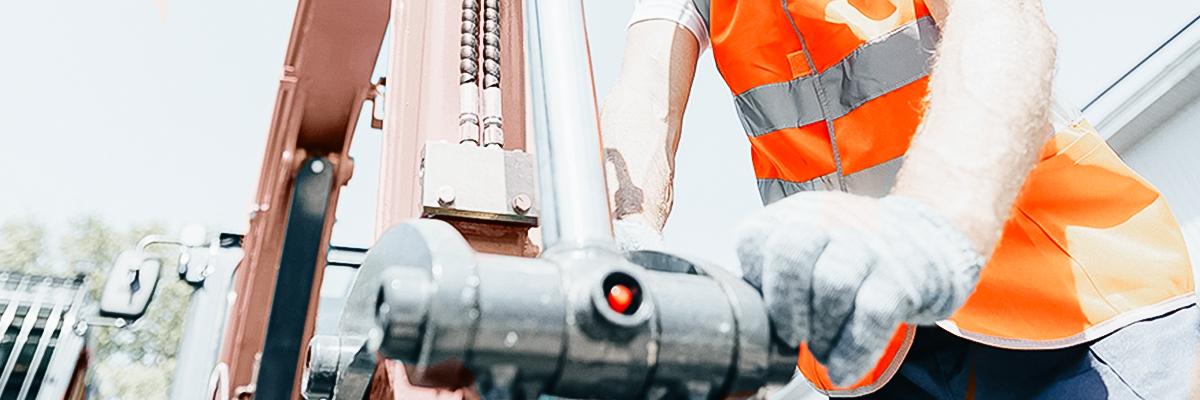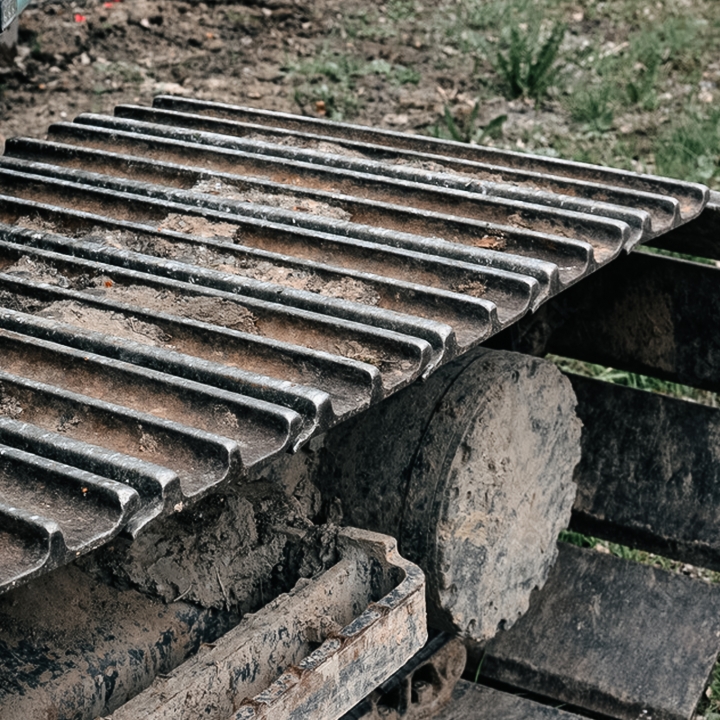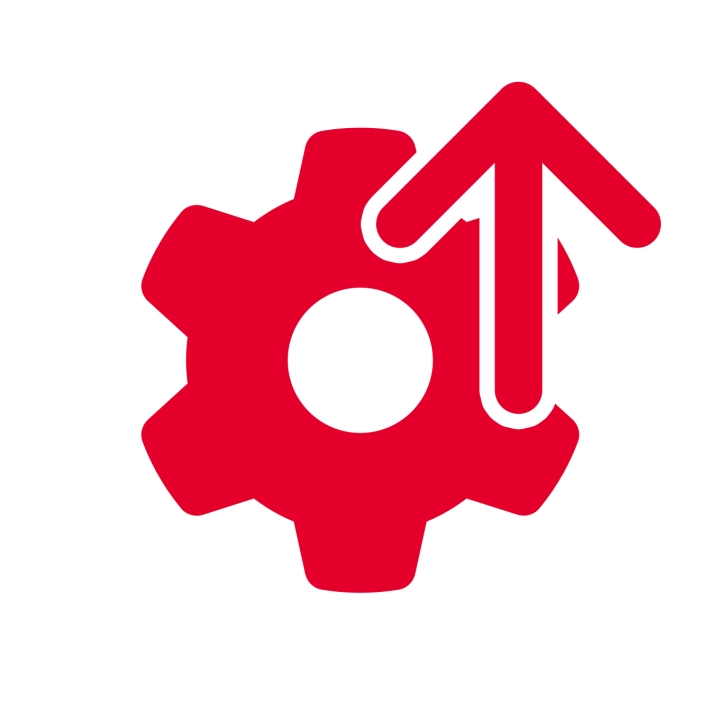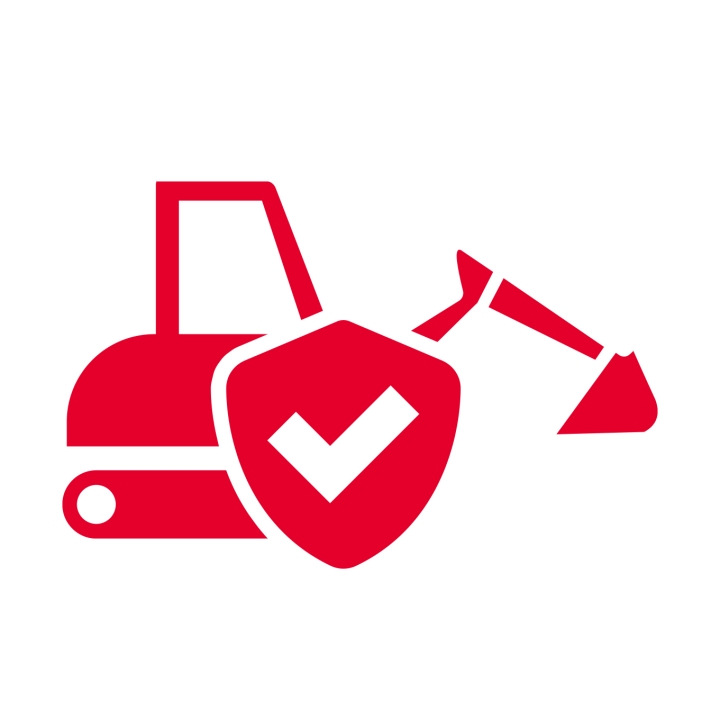- Africa
- America
- Asia
- Europe
- Oceania
- Algeria
- Angola
- Benin
- Botswana
- Burkina Faso
- Burundi
- Cameroon
- Cape Verde
- Central African Republic
- Chad
- Comoros
- Congo
- Djibouti
- Egypt
- Eritrea
- Ethiopia
- Gabon
- Gambia
- Ghana
- Guinea Ecuatorial
- Guinea Republic
- Guinea - Bissau
- Ivory Coast
- Kenya
- Lesotho
- Liberia
- Libya
- Madagascar
- Malawi
- Mali
- Mauritania
- Mauritius
- Morocco
- Mozambique
- Namibia
- Niger
- Nigeria
- Rwanda
- Sao Tome and Principe
- Senegal
- Seychelles
- Sierra Leone
- Somalia
- South Africa
- Sudan
- Swaziland
- Tanzania
- Togo
- Tunisia
- Uganda
- Zambia
- Zimbabwe

- Argentina
- Belize
- Bolivia
- Brazil
- Canada (English)
- Canada (Français)
- Chile
- Colombia
- Costa Rica
- Cuba
- Dominican Republic
- Ecuador
- El Salvador
- Falkland Islands
- French Guiana
- Guadeloupe
- Guatemala
- Haiti
- Honduras
- Martinique
- Mexico
- Nicaragua
- Panama
- Paraguay
- Peru
- Saint Barthélemy
- Saint Martin
- Suriname
- United States of America
- Uruguay
- Venezuela

- Afghanistan
- Bahrain
- Bangladesh
- Bhutan
- Brunei Darussalam
- Cambodia
- China (English)
- China
- Hong Kong (English)
- Hong Kong
- India
- Indonesia
- Iran
- Iraq
- Israel
- Japan
- Jordan
- Kazakhstan
- Kuwait
- Kyrgyzstan
- Laos
- Lebanon
- Macao (English)
- Macao
- Malaysia
- Maldives
- Mongolia (English)
- Mongolia
- Myanmar, Burma
- Nepal
- North-Korea
- Oman
- Pakistan
- Philippines
- Qatar
- Saudi Arabia
- Singapore
- South-Korea
- Sri Lanka
- Syria
- Taiwan (English)
- Taiwan
- Tajikistan
- Thailand
- Turkmenistan
- United Arab Emirates
- Uzbekistan
- Vietnam
- Yemen

- Albania
- Andorra
- Armenia
- Austria
- Azerbaijan
- Belgium (Deutsch)
- Belgium (English)
- Belgium (Français)
- Belgium (Nederlands)
- Bosnia and Herzegovina
- Bulgaria
- Canary Islands
- Croatia
- Cyprus
- Czech Republic
- Denmark
- Estonia
- Faroe Islands
- Finland
- France & Dom-Tom
- Georgia
- Germany
- Gibraltar
- Greece
- Greenland
- Guernsey
- Hungary
- Iceland
- Ireland
- Isle of Man
- Italy
- Jersey
- Latvia
- Lithuania
- Luxembourg
- Macedonia
- Malta
- Moldova
- Monaco
- Montenegro
- Netherlands
- Norway
- Poland
- Portugal
- Romania
- San Marino
- Serbia
- Slovakia
- Slovenia
- Spain
- Sweden
- Switzerland
- Turkey
- Ukraine
- United Kingdom







